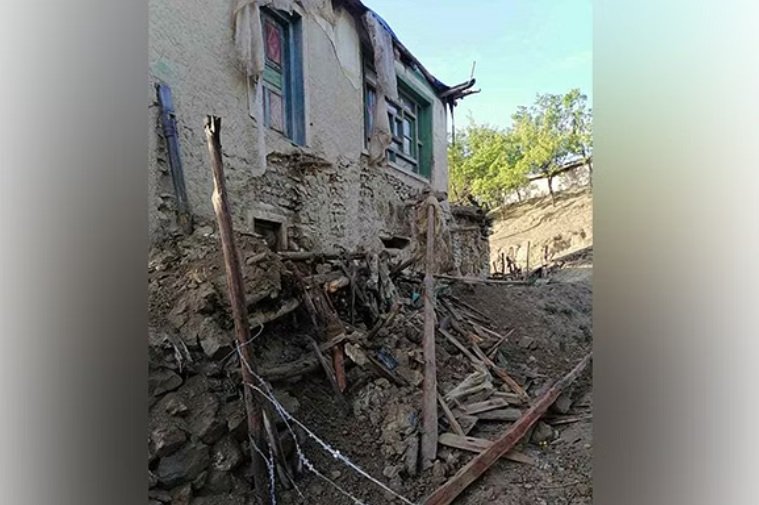World News Desk: As earthquakes are persistent in Afghanistan, the United Nations High Commission for Refugees (UNHCR) has decided to construct 1,000 “earthquake-resilient” houses for over 8,000 earthquake-stricken people of the Barmal district of Paktika province in southeastern Afghanistan.
In a tweet, the UN refugee agency in Afghanistan wrote, “UNHCR Afghanistan is moving swiftly to provide 1000 earthquake-resilient houses to more than 8000 people in Barmal District before snows isolate the remote region.”
The houses will be handed over to the victims of the earthquake, the UNHCR said in a thread of tweets on Thursday.
Earlier in August, the UN Refugee Agency announced the start of a more than USD 14 million community-based construction effort to build 2,300 earthquake-resilient houses to help residents in the southeastern Afghanistan region devastated by the deadly June 22 earthquake.
Under the plan, UNHCR is providing materials and supporting building costs for the construction of 2,000 winterized homes in both Giyan and Barmal districts of Paktika Province and 300 homes in Spera District of Khost Province, Khaama Press reported.
Earthmoving equipment contracted by UNHCR has started site clearance in Barmal and trucks are delivering construction materials as snow is expected by mid-November.
Over recent weeks, UNHCR teams have met with communities to present the project, identify the worst-affected families, and organize community groups to implement the community-based scheme.
In addition to building materials, households participating in the project will receive USD700 for labour. Engineers working with UNHCR’s partners will monitor construction so that relevant guidance is followed.
Over the past four decades, Afghanistan has been battered by conflicts and natural disasters that have left millions facing famine and starvation. The latest estimates indicate that some 24 million Afghans, more than half the country’s population, are in need of humanitarian assistance.
There are some 3.4 million conflict-displaced persons in Afghanistan, as well as 1.57 million climate-displaced people, making it one of the most complex humanitarian crises in the world. (ANI)

